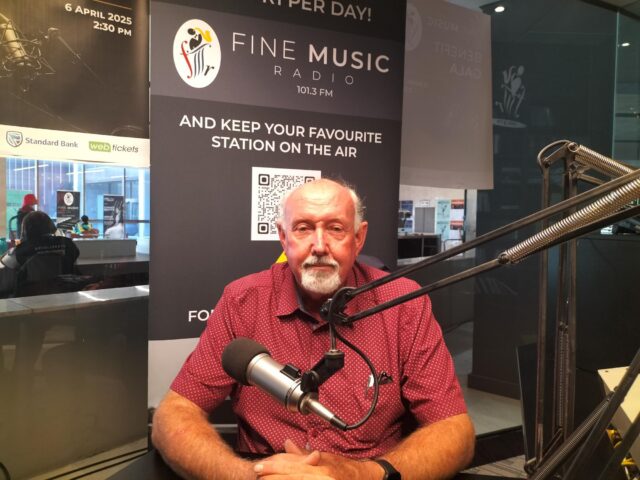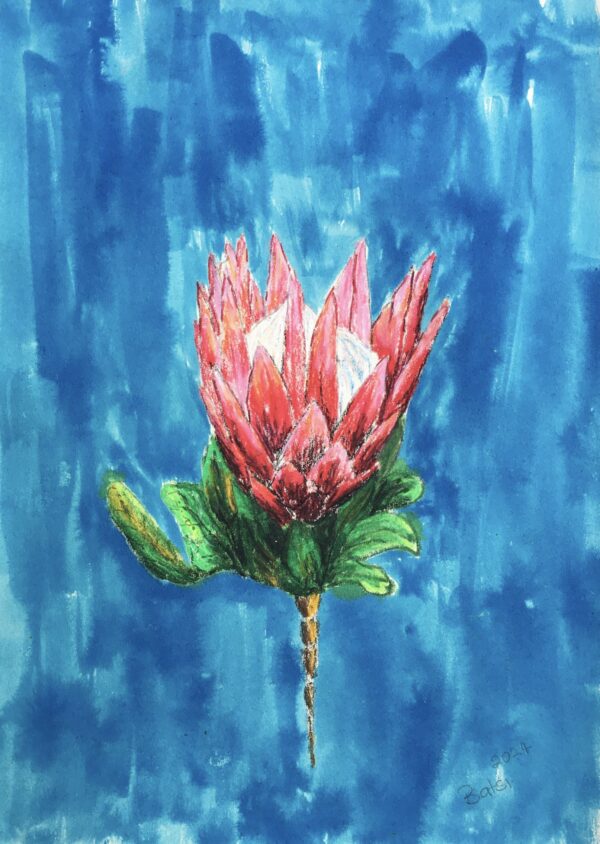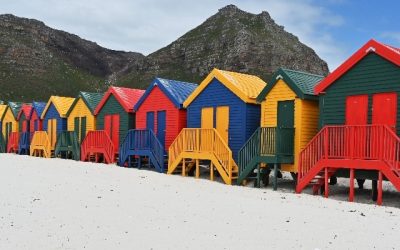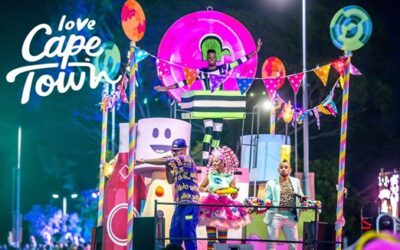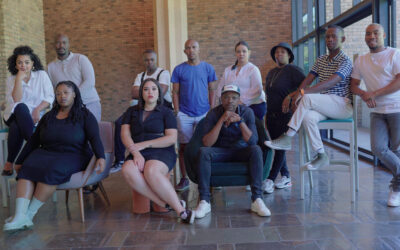Marlene le Roux, CEO of the Artscape Theatre Centre was given The Jaap du Rand – Denise Ackerman Award for Unity, Reconciliation and Justice on Friday 26 May 2023.
Here follows Marlene le Roux’s acceptance speech.
“Andrew Murray was a priest of the Dutch Reformed congregation, Wellington from 1871 – 1917. He distinguished himself as a prolific author of about 250 Christian books, many of which have been translated into different languages and are still read worldwide today.
‘Arch’ Tutu regarded it as a special gesture of reconciliation that the names of this 19th century Dutch Reformed “dominee” and the 20th century Anglican Archbishop should later be connected under the banner of the Award.
Denise Ackerman is the midwife of a South African as well as an African feminist theology – the latter with Mercy Oduyoye.
Where are we now regarding humanity, caring and the values of the Belhar Confessions, namely unity, reconciliation and justice embodied by Oom Jaap, Denise Ackerman and Desmond Tutu?
I grew up in Wellington, the heartland of Andrew Murray with his passion for missionary work. At my church, I belonged to the children’s and young girls’ association as well as the children’s choir, which exposed me to what it meant to belong. Until the day I was asked to sing at the Dutch Reformed Mother Church across the road, Andrew Murry’s last congregation where he had served as a priest for 35 years. And I wasn’t allowed to enter the church, I had to wait in the vestry until it was my turn to sing …
Much later, as students, we painted the Murray statue purple in protest against division in the church and the forced removal of the DRC Mission Church to make way for the Dutch Reformed Church. Today both congregations – a mere 300 m apart – are still clinging to their separate brown and white cultural identities. How are we moving forward on the road to reconciliation between diverse communities, also with regard to class, income, place, language, disability, gender and sexual orientation?
After school, I attended the UWC where I found my voice with the help of Archbishop Desmond Tutu, widely known as the ‘Arch,’ who accompanied us on camps, having deep conversations with us at ANSOC, the Anglican Student Society. The current archbishop Thabo Makgoba was the student chairperson of ANSOC at the time. I’ll never forget the ‘Witdoeke’, how we went to the township with the Arch and student chaplain Courtney Sampson on the back of a truck to lend a hand. All hell broke loose when we got off, straight into the hands of the security police waiting with Casspirs and teargas everywhere. Young children inside the church tried to help me and a young man grabbed and ran with me into the dark through shacks, leaving me to wait inside one of the huts. He put his own life at risk.
At an early period in my life I was privileged to have leaders who put words into action, leaders like the Arch, Allan Boesak, Jaap du Rand, Courtney Sampson, my beloved mother Tietie Christine le Roux, my grandmother Christina Abrahams, activist Helen Joseph who formed part of the 1956 Women’s Rights Movement, Mamma Winnie Mandela, mother of our nation and Wangari Mutua Maathai, female environmental activist from Kenya, who inspired me to speak out against injustice, to embrace my disability, and accepted me just as I am with a damaged leg.
Let me tell you about two incidents: It was another day of chaos and protests at the gates of UWC. Of course, I had to be there. And then the Arch asked me: ‘Sisi, are you sure you want to march?’ Full of bravado I replied: ‘Arch, you are wearing a cloak and I’m wearing a calliper; maybe we can be slow together!’
That same night the security police barged into all the hostels. We could hear screams everywhere: ‘tokkelokke’ beaten up, our friends detained. Then it was Cassinga 1’s turn. I was already in bed with my leg brace removed (I can’t walk without it). A young white soldier burst into my room. Students were running and screaming down the corridor, but I couldn’t do without my calliper. The soldier raised his baton to hit me and I shouted, ‘Look, tonight you can beat me to death me. I can’t run away …’. He saw my calliper and for a moment his dull eyes lit up. For a few seconds we were just two terrified 18-year-olds. Then he turned around, left the room and I could hear him and his colleagues, raining down blows, screaming. To this day I’m still wondering what had happened to this young man and many others who could do such terrible acts for the sake of apartheid ideology,
Why do I relate these events of more than thirty years ago? Because we have to tell and hear each other’s painful stories; so that we can learn from each other and start believing in each other; so that that we can rediscover our humanity, heal together and hope together. And that includes the stories of people living with disabilities and that of LGBTQ communities.
Pumla Gobodo-Madikizela writes that forgiveness is the wrong word for describing what unfolds when a victim encounters the perpetrator, like the young white soldier from my youth. When we witness and acknowledge each other’s pain, we bear a responsibility, that conveys compassion and care. She calls this process “empathetic repair”, pointing not just towards your own healing, but also to our responsibility to participate in the building of a society in which people could come together and be fellow human beings – to touch the other, to feel the other – sharing in the vision of a more humane society.
I am an optimist. I believe you have to make a difference where you are now. Transformation is about more than ‘the colour of your skin’. Egos must go; we need each other desperately.
I want to end with a quote from the Arch since I am receiving this award in his memory as well:
“Transformation begins in you, wherever you are, whatever has happened, however you are suffering. Transformation is always possible. We do not heal in isolation.”
I thank you. Baie dankie. Enkosi.”
The photo is of Marlene le Roux with Professor Johan Buitendag at the Andrew Murray Prize giving function on Friday 26 May 2023. They recieved the Jaap Durand-Denise Ackerman Award for unity, reconcilliation and justice and CLF-Elise Tempelhoff award for the protection of the environment and justice respectively. The event was held at the Desmond & Lea Foundation in Cape Town. (Ian Landsberg – photographer)
CONGRATS to award winning Marlene le Roux!!
WHAT: Marlene le Roux – Award for Unity, Reconciliation and Justice


